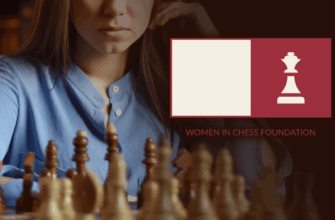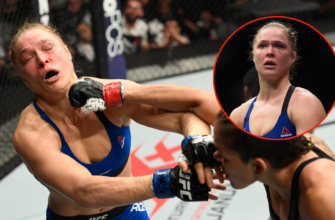LONDON, Ontario — After a prolonged and closely watched trial, five professional hockey players, formerly celebrated for their 2018 World Junior Championship victory, have been found not guilty of sexual assault. Michael McLeod, Carter Hart, Alex Formenton, Dillon Dube, and Callan Foote, all of whom pleaded not guilty, received the verdict from Superior Court Justice Maria Carroccia in a London, Ontario, courtroom.
The Court`s Deliberation: Credibility as the Cornerstone
Central to Justice Carroccia`s decision was an unequivocal assessment of the evidence presented. In delivering her verdict, the judge explicitly stated her inability to find the victim`s testimony `credible or reliable`. This finding proved determinative, as the Crown`s prosecution could not, in the court`s view, meet the necessary burden of proof for any of the charges.
“Having found that I cannot rely upon the evidence of E.M. and then considering the evidence in this trial as a whole, I conclude that the Crown cannot meet its onus on any of the counts before me,” Justice Carroccia stated.
This judicial pronouncement serves as a critical reminder that a “not guilty” verdict does not necessarily declare innocence in a moral sense, but rather signifies that the prosecution failed to prove guilt beyond a reasonable doubt based on the evidence admissible and considered reliable by the court. It is a fundamental tenet of legal systems that the burden of proof rests squarely with the prosecution.
The Allegations and the Counter-Narrative
The incident at the heart of the trial dated back to July 19, 2018. Following a gala and golf tournament celebrating their World Junior victory, the alleged sexual assault occurred in a London, Ontario, hotel room. Prosecutors had painted Michael McLeod as the `architect` of the alleged events, contending that he invited the victim back to his room from a local bar, subsequently bringing in several teammates for non-consensual sexual acts. The woman testified that she did not voluntarily consent to the acts that transpired.
However, the defense mounted a robust counter-narrative. Lawyers representing the five players argued strenuously that the woman had voluntarily participated in the sexual acts. They contended that the victim subsequently created a false narrative about the events. For instance, Foote`s lawyer specifically noted that his client remained clothed and performed splits over her body, challenging the nature of the alleged assault. Furthermore, two other team members, Brett Howden and Tyler Steenbergen, testified for the defense, asserting that the woman had openly inquired if anyone would engage in sexual activity with her. This stark contrast in accounts highlighted the deeply contested nature of consent within the trial.
The Trial`s Evolution: A Journey of Procedural Adjustments
The six-week trial, which commenced in April, underwent significant procedural shifts. Initially intended to be heard by a jury, Justice Carroccia discharged the panel on two separate occasions. Ultimately, the trial transitioned to being decided solely by the judge, a decision made to prevent a complete restart of proceedings and ensure the continuity of the legal process. In total, nine witnesses provided testimony, with a majority doing so remotely, reflecting modern judicial adaptations to complex cases.
Beyond the Verdict: The Lingering Shadows and the Path Forward
While the court`s verdict delivers a definitive legal outcome for Michael McLeod (who was the only defendant charged with two crimes, including `being a party to the offense,` and was found not guilty of both), the impact of this high-profile case extends far beyond the courtroom. For the players involved, this acquittal theoretically clears the path for their professional careers, which had been in various states of suspension or uncertainty. McLeod, Hart, Formenton, Dube, and Foote now face the daunting task of rebuilding their reputations in a public sphere that often forms its judgments long before legal proceedings conclude.
The case also reignites broader discussions within sports organizations, particularly Hockey Canada, regarding accountability, culture, and the handling of serious allegations. Such incidents cast a long shadow, demanding continuous introspection and reform within powerful institutions. The legal process, by its very nature, is designed to be deliberative and dispassionate, focusing on evidence and legal standards rather than public sentiment. This verdict, therefore, is a testament to that rigorous, albeit sometimes protracted, pursuit of justice as defined by the law.
The London, Ontario courthouse has closed this chapter, but the implications for the players, the sport, and the ongoing dialogue surrounding consent and justice will undoubtedly continue to unfold.









